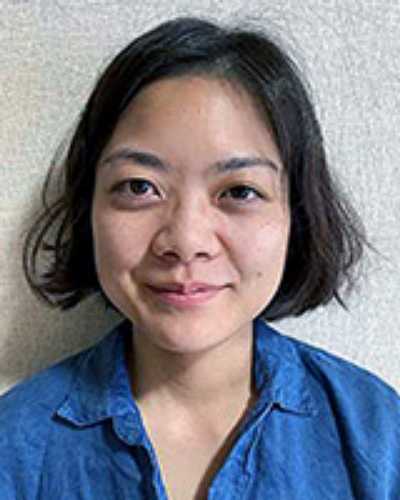Now published, see the full article 
Early Abstract:
Introduction: Deterioration of chronic conditions and serious acute illnesses are major factors preventing older individuals from remaining within their local communities, which may be significant burdens for islanders. The specific reasons and risk factors associated with non-returned off-island referrals remain insufficiently investigated. This study aims to describe cases of non-return after off-island referrals and to examine the relationship between polypharmacy and non-returned off-island referral among older residents regularly attending remote island clinics.
Methods: We conducted a retrospective cohort study across 14 solo-practice outpatient clinics on the remote islands of Okinawa Prefecture, Japan. The study participants were island residents aged 65 years or older who were regularly visiting clinics between April 1, 2015, and March 31, 2020. Exposure was defined as polypharmacy, specified as the use of five or more chronic medications at baseline. The outcome was defined as non-returned off-island referrals, encompassing emergent transfer or scheduled referrals from island clinics to off-island core institutions or specialists, which resulted in relocation outside the islands or death off-island, as confirmed by medical records or referral letter responses. The analysis for the association between polypharmacy and non-returned off-island referral was adjusted for age, sex, activities of daily living, dementia, multimorbidity, and the presence of specific medical conditions, including coronary artery disease, stroke, and malignancy at baseline.
Results: A total of 1,566 patients regularly visiting clinics were included in the analysis. At baseline, 41.9% of all participants classified as having polypharmacy. During a median follow-up of five years, 181 (11.6%) participants resulted in non-returned off-island referrals. The most frequent health events resulting in them were bone fracture, pneumonia/bronchitis, and acute heart failure. Among the 656 polypharmacy participants, 112 experienced non-returned off-island referrals with an adjusted Odds Ratio (aOR) of 1.98 (95% Confidence Interval: 1.38–2.85).
Conclusion: A significant association was observed between polypharmacy and non-returned off-island referrals on the remote islands of Okinawa Prefecture, Japan. Older island residents with polypharmacy are at a higher risk of non-returned off-island referrals than those who with non-polypharmacy, and physicians managing these patients in remote primary care settings should be aware of this risk. This awareness may promote physician’s responses to other modifiable risk factors and potentially mitigate the consequences.
Keywords: aged, cohort studies, islands, Japan, primary care, polypharmacy, referral, relocation, rural health.




